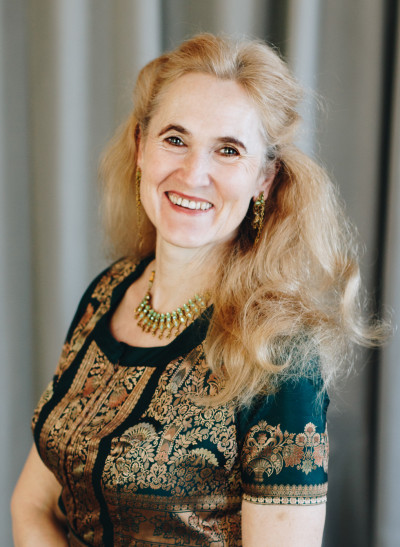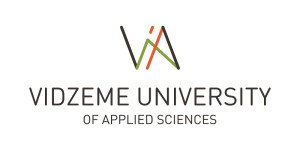

Sarma Cakula
professor
Main areas of research
E-learning solution architecture
Cybersecurity and communication in remote workplace
Reducing knowledge and resources in industrial projects related to alternative energy production
Engineering and Technology
Knowledge creation and Transfer processes
Interface Technology
E-Work
Cognitive and Methodological issues of Knowledge Processing & Transfer
Academic background
Doctor degree on Pedagogy
Latvia University
Master degree on Information Technology and Pedagogy
Latvia University
Research projects / Experience
2020-2021 scientific project “ Perspective technologies for safe and sustainable services (ARTSS). No VPP-Covid-2020/1-009
The COVID-19 crisis highlighted stress-tested essential services, disrupted many existing services and created new services of unknown trustworthiness. The trustworthiness and security of the services should be restored swiftly. That can be achieved by developing and operating services with built-in resilience. This project proposes that the built-in resilience is an organizational capability, which can only be achieved by collaboration and knowledge exchange in an ecosystem of organizations and all related parties.
horizon project Resilient Farming by Adaptive Microclimate Management” STARGATE no. 818187
STARGATE aspires to develop a breakthrough, multiscale and holistic climate smart agriculture methodology, capitalizing innovations in the field of microclimate and weather risk management, as well as in the field of landscape design. It is based on Earth Observation, weather/climate intel-ligence and IoT technologies to support a more effective farm/parcel management and related options for adaption on climatic changes, local and regional policy formulation leading to better landscape management, protection against climatic risks and implementation on microclimate changes.
Next Generation Micro Cities of Europe (NEXTGEN) , No. UIA03-250
To promote the economy and business environment of Ventspils and Valmiera. The innovative solutions introduced in the project will develop the skills and capacities of the workforce as well as provide favorable conditions for business development and job creation.
Strategic Specialization, Vidzeme UAS
The aim of the project is to strengthen ViA's academic staff in the areas of strategic specialization. The project plans to develop human resources by improving competencies in professional English, cooperation with industry, leadership of academic staff, modern understanding of the challenges of the digital age and developing professional experience in the industrial environment in accordance with Vidzeme University Strategy, promoting sustainable development of the knowledge society at regional and national level. and the public sector with high-level professionals, as well as research to address societal challenges.
TELECI: Technology Enhanced Learning E-ecosystem with Stochastic Interdependences. F114
The user behavior data generated in the TELECI learning environment with additional short, easy-to-use multiple-choice questions before and after each content subunit are used for visualization and correlation analysis. Three user behavior data clusters were identified in data landscape. The student behavior change among the TELECI-clusters was used for TELECI learning support algorithm design. The student performance data before and after learning the e- content were used for knowledge acquisition model design. This model is based on the assumption that knowledge acquisition of real e-content can be quantified by superposition of the impact of learning “perfect” content, too easy content, and too complicated content. The learner knowledge acquisition surface is calculated on this assumption. The data of real course learner knowledge acquisition are located on this surface as “telecides”. Telecides are the visualization of the appropriateness of an e-content unit for the needs of the specific learner or learners target group.
Participation in an international project (2017-2019)
Project aim is to equip social service providers in rural areas of the Baltic Sea Region with better tools for service innovation. These tools will be based on the idea of empowerment and end-user involvement. ViA role is to focuss on disadvantage youth that are restricted in their resources such as (living distance, financial condition, poor family condition, adversely living conditions and other restrictions), mainly highlighting the involvement of pre-incubation of social entrepreneurship and lifelong learning
Contact details

Vidzeme University of Applied Sciences
Links
Areas of research
Human Contribution to Artificial Intelligence
